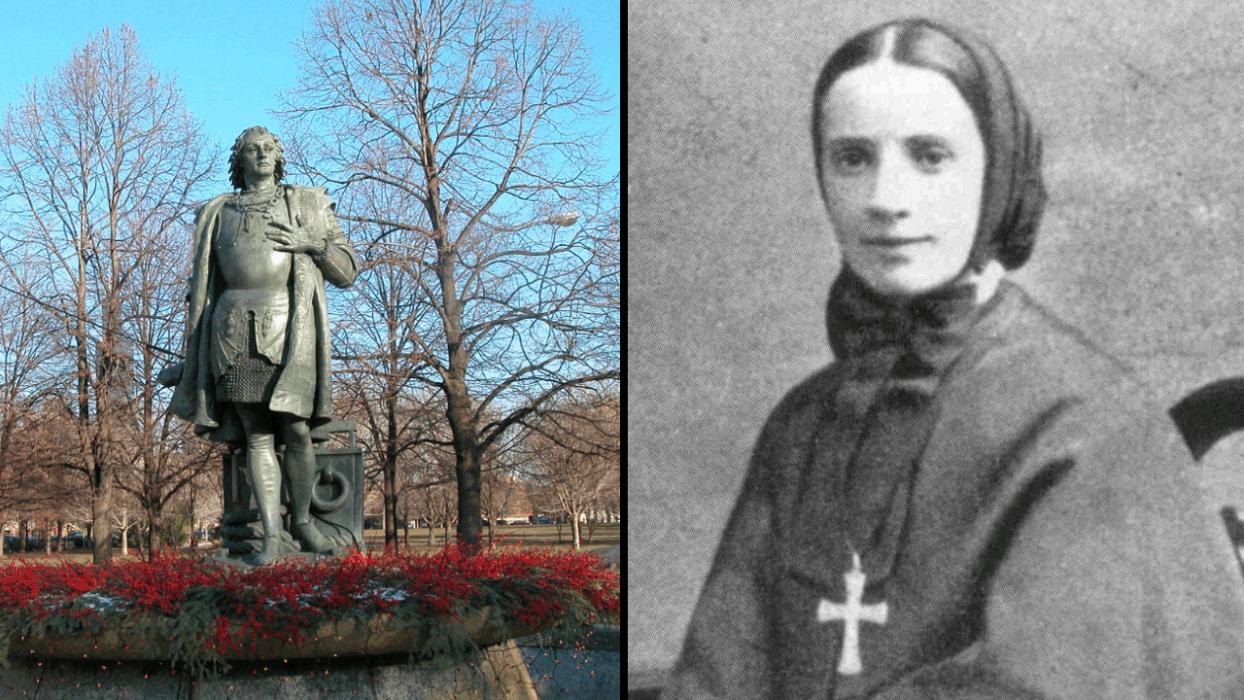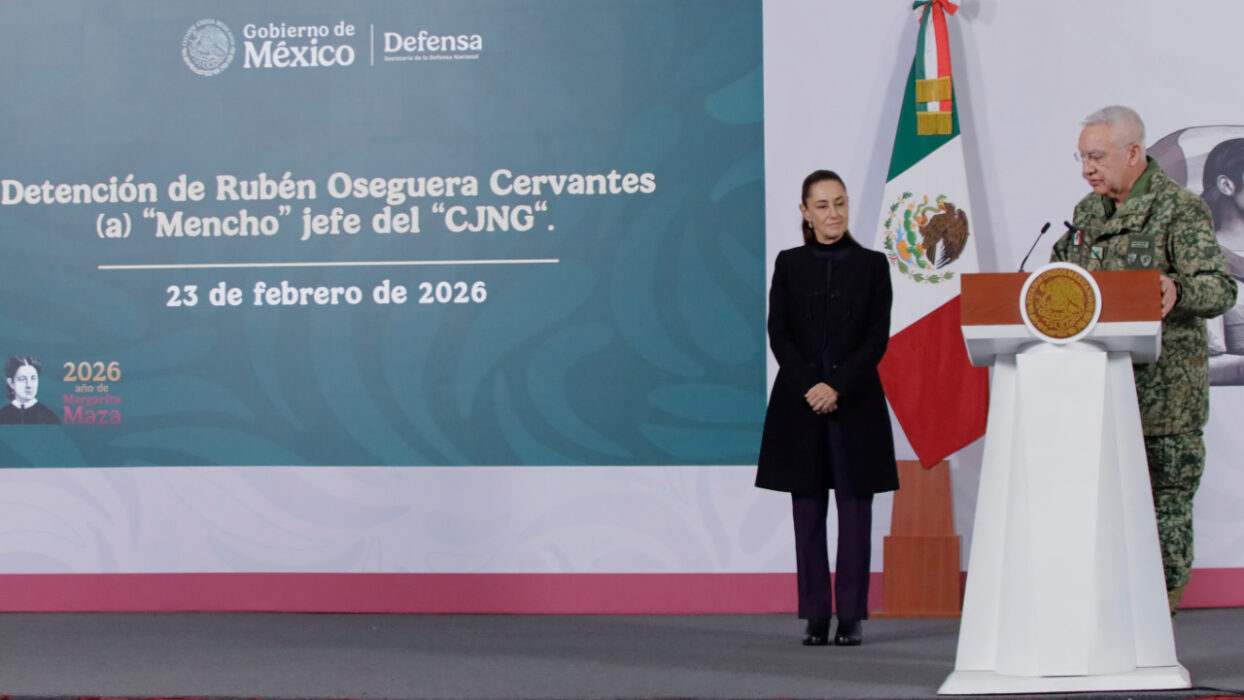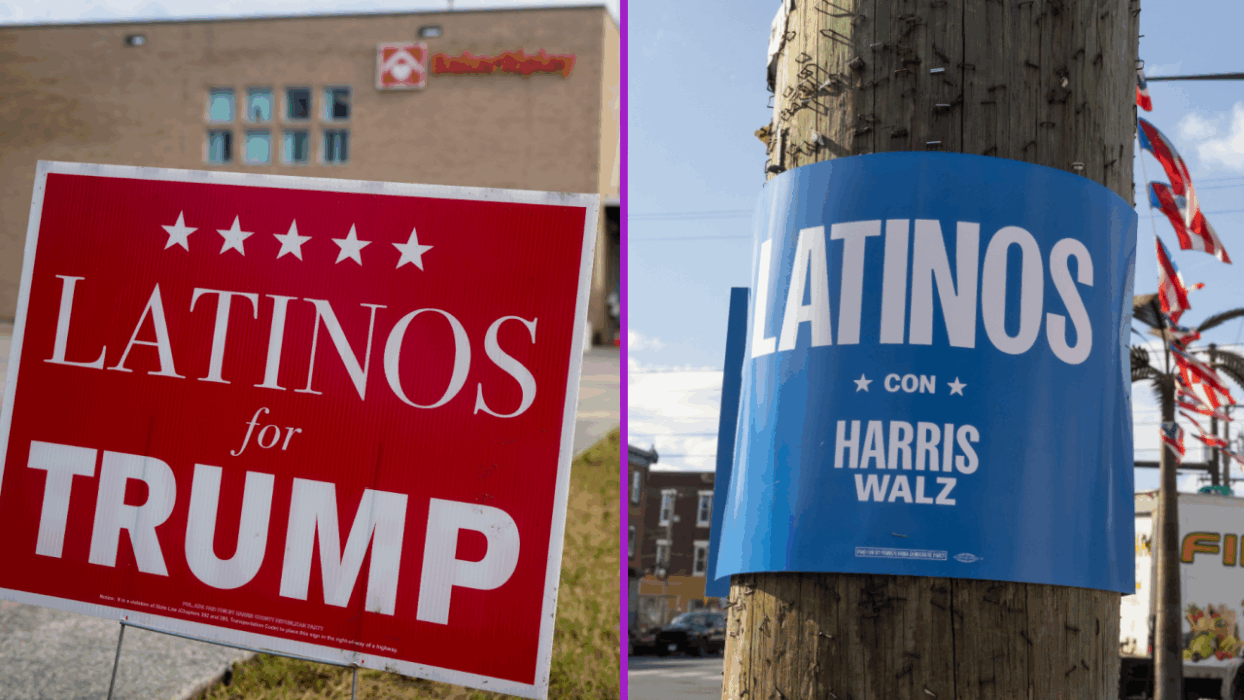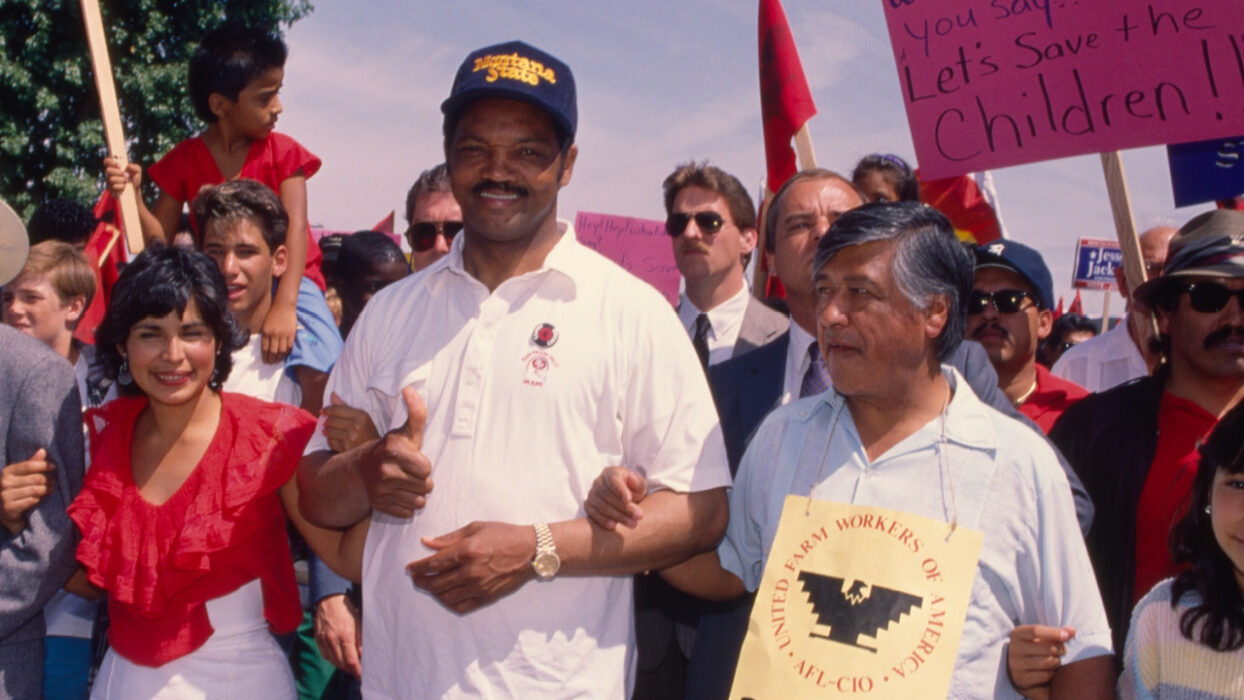
Trump, Bukele, Milei: How This Trio Could Change Latin America’s Political Game
The November 5th presidential election results bring promising news to two Latin American presidents: El Salvador’s “Coolest Dictator,” Nayib Bukele, and Argentina’s libertarian president, Javier Milei.
Nayib Bukele gained fame for his bold anti-gang strategy, which has seen over 79,000 gang members imprisoned and turned El Salvador into the safest country on the continent.
We All Know Bukele’s Policies Have Piqued Trump’s Interest
The president-elect, who once praised the arrest of Columbia University student protesters as “a beautiful thing to see,” even suggested “a violent day” where police could arrest and imprison without consequence. Undoubtedly, Trump’s approach to justice and public security could align closely with Bukele’s model.
Now, up until now, the Biden administration took a critical stance on El Salvador’s hardline model, prompting the White House to distance itself. This pushed Bukele to align with international conservatism. Donald Trump Jr.’s attendance at Bukele’s second inauguration on behalf of his father highlighted this shift.
In 2024, Bukele joined the Conservative Political Action Conference (CPAC), where he criticized NGO political agendas and highlighted crime in U.S. cities like Baltimore, Portland, and New York as government-normalized issues. Later, in an exclusive interview with Tucker Carlson, he positioned himself as a conservative leader.
Fast-forward to today, the reality is Bukele seeks investment to modernize El Salvador. He has reached out to China for infrastructure projects, adopted World Bank economic policies, invested in Bitcoin—a cryptocurrency boosted by Trump’s victory—and even considered joining BRICS.
However, while Trump’s friendship could help secure American investments, it’s a double-edged sword. During his campaign, for example, Trump harshly criticized Bukele’s security policies, accusing him of sending criminals to the U.S. border.
In the Southern Cone, Similar Shifts Are Happening
In Argentina, a second Trump administration could boost Milei’s libertarian project, which has seen international companies pull out. Trump’s influence may offer better chances to establish a new loan with the International Monetary Fund (IMF) or renegotiate Argentina’s debt.
Much as Trump’s first term, Milei’s administration has sparked controversy. While he has managed to curb inflation, cuts to social programs and pension freezes have raised poverty from 42% to 53%, leading to demonstrations by retirees and university occupations.
At CPAC 2024, both leaders met, and Milei found himself captivated. His speech on libertarianism mixed with anti-communist rhetoric captured attention and resonated with listeners. In fact, the Morning Consult leader approval poll shows Milei holding a 60% approval rating.
However, Argentina has broken with BRICS, sought to become a global NATO partner, and clashed with key partners, China and Brazil, whom Milei insulted over ideological differences. Trump’s economic plan, which involves raising tariffs on imports, could restrict the U.S. market for Argentine exports, but Milei remains reluctant to trade with non-Western nations.
Both Bukele and Milei have reached out to businessman Elon Musk, a close Trump ally, for technology investments. Despite alleged promises, Musk has yet to formalize any investments. But could this change in time?




